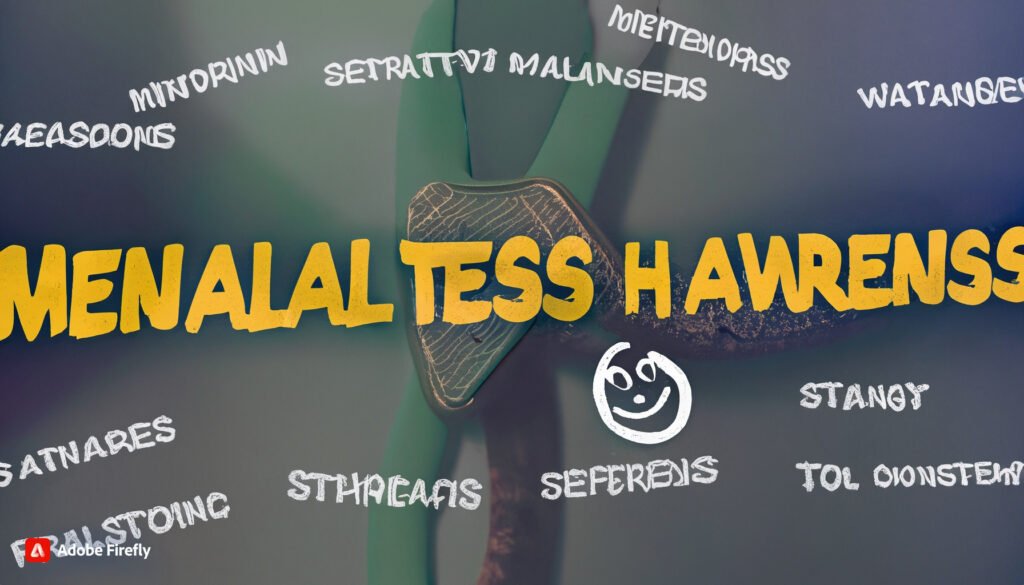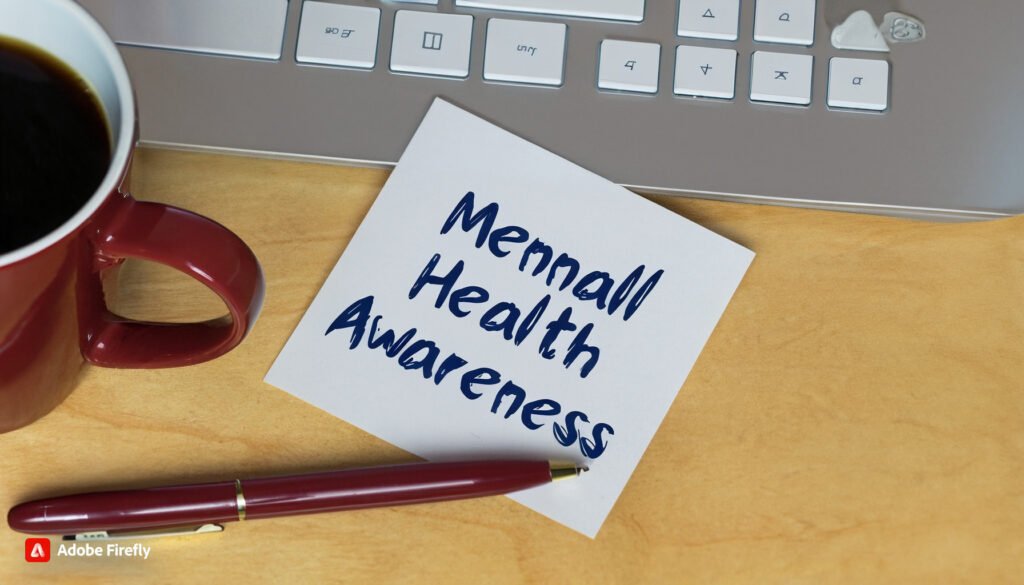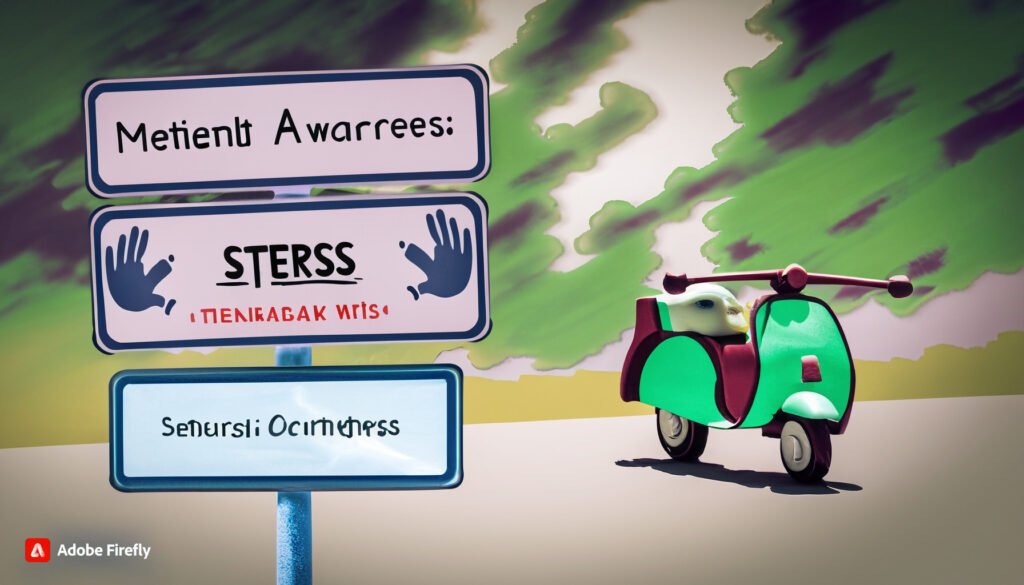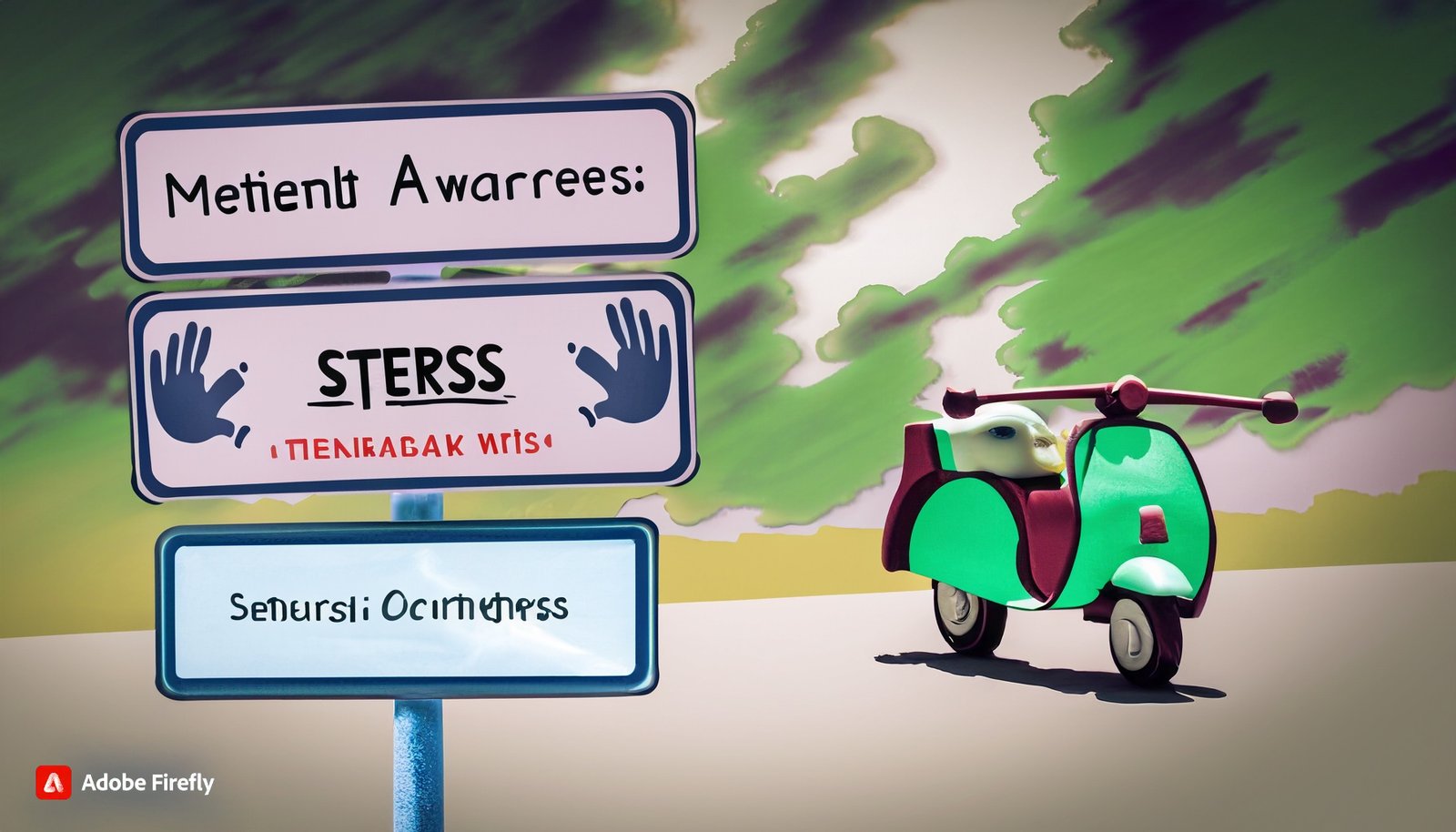In the fast-paced world we live in, stress has become an almost constant companion for many. While some stress can be motivating, chronic stress can take a toll on our mental and physical well-being. Mental health awareness is now more crucial than ever, with a focus on coping strategies to navigate the challenges of life. This article dives deep into the realm of stress management, offering a toolkit of strategies to enhance mental resilience.
Section 1: Understanding Stress
- Defining Stress:
- A comprehensive definition of stress and its various forms.
- The distinction between “good” stress (eustress) and “bad” stress (distress).
- The Science Behind Stress:
- Exploring the physiological and psychological mechanisms that trigger stress responses.
- The impact of chronic stress on the body and mind.
Section 2: Recognizing Stress Triggers
- Common Stressors:
- Identifying common sources of stress in modern life, including work, relationships, and financial concerns.
- The role of major life events in triggering stress reactions.
- Individual Variability:
- How different people react to stressors in unique ways.
- The influence of personality, genetics, and past experiences.
Section 3: The Consequences of Untreated Stress
- Physical Health Implications:
- Examining the links between chronic stress and physical health problems, including heart disease, obesity, and digestive issues.
- How stress impacts the immune system’s ability to defend against illness.
- Mental Health Effects:
- The relationship between chronic stress and mental health disorders, such as anxiety and depression.
- The importance of early intervention in preventing mental health challenges.
Section 4: Strategies for Coping with Stress
- Mindfulness and Relaxation Techniques:
- The practice of mindfulness meditation and its stress-reduction benefits.
- Deep breathing exercises, progressive muscle relaxation, and visualization techniques.
- Physical Activity and Exercise:
- The role of regular physical activity in reducing stress hormones.
- Choosing a fitness routine that suits individual preferences and lifestyles.
- Nutrition and Diet:
- How a balanced diet can support stress management.
- Foods rich in antioxidants, omega-3 fatty acids, and other stress-fighting nutrients.
- Sleep Hygiene:
- The importance of quality sleep in stress recovery.
- Tips for improving sleep habits and creating a restful sleep environment.
- Social Connections and Support:
- The impact of social relationships on stress resilience.
- Strategies for building and maintaining a supportive social network.
- Professional Help and Counseling:
- The role of mental health professionals in stress management.
- When and how to seek therapy or counseling services.
Section 5: Self-Care and Lifestyle Changes
- The Power of Self-Care:
- Defining self-care and its role in stress reduction.
- Creating a personalized self-care routine that prioritizes well-being.
- Lifestyle Changes for Stress Reduction:
- Strategies for simplifying life and reducing unnecessary stressors.
- Setting boundaries, managing time, and practicing resilience in the face of challenges.
Section 6: The Road to Resilience
- Building Mental Resilience:
- Strategies for developing resilience to stress.
- The concept of post-traumatic growth and its role in personal development.



Conclusion: Embracing Mental Health Awareness
In a world where stress is often an inevitable part of life, mental health awareness becomes a valuable asset. The strategies discussed in this article provide a foundation for coping with stress and nurturing mental resilience. Remember, seeking help and support when needed is a sign of strength, and by practicing these strategies, individuals can embark on a journey toward greater well-being.






